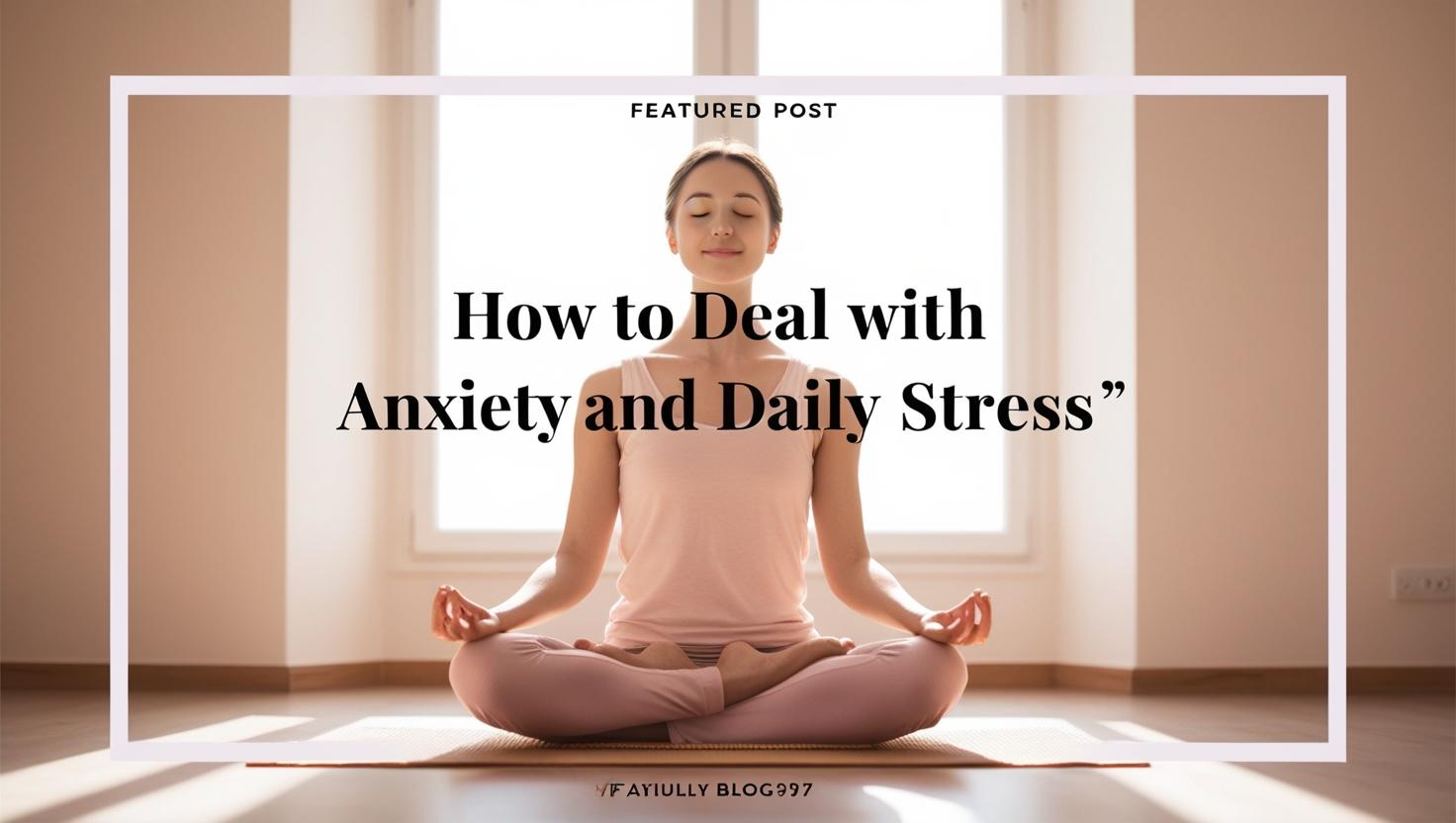Discover effective strategies to deal with anxiety and daily stress, promoting well-being and quality of life.
Introduction
We live in an increasingly fast-paced world where anxiety and stress have become part of many people’s routines. The excess of information, daily demands, and pressure for results can significantly impact mental health.
If you feel constantly overwhelmed, you are not alone. The good news is that there are several strategies to control these feelings and regain emotional balance. In this article, we explore practical and scientifically proven techniques to help you cope with stress and anxiety in everyday life.
What Causes Anxiety and Stress?
Anxiety and stress can arise from various situations, such as work pressures, financial problems, relationship challenges, and even health concerns. The main triggers include:
- Excess responsibilities: Too many tasks can overload the mind.
- Lack of planning: Disorganization creates uncertainty and increases tension.
- Poor diet and sedentary lifestyle: Factors that directly impact mood and energy.
- Lack of quality sleep: Insufficient rest intensifies stress and makes concentration difficult.
Techniques to Reduce Stress and Anxiety
1. Practice Deep Breathing
Conscious breathing is one of the most effective ways to calm the mind. Try the 4-7-8 technique:
- Inhale through your nose for 4 seconds;
- Hold your breath for 7 seconds;
- Exhale slowly through your mouth for 8 seconds.
This technique activates the parasympathetic nervous system, reducing heart rate and promoting a sense of calm.
2. Maintain a Regular Exercise Routine
Physical activity releases endorphins, known as happiness hormones. Exercises such as walking, yoga, and weight training are highly recommended to reduce anxiety and stress levels.
3. Organize Your Time and Set Priorities
Creating a to-do list helps maintain focus and avoid feelings of overload. Use methods like the Pomodoro technique, which consists of working for 25 minutes and resting for 5 minutes.
4. Eat Well
Certain foods have properties that help regulate mood, such as:
- Foods rich in magnesium: Reduce tension (spinach, banana, avocado).
- Omega-3: Helps balance cortisol levels (salmon, chia seeds, walnuts).
- Chamomile tea: Acts as a natural calming agent.
5. Practice Mindfulness and Meditation
Mindfulness is a technique that encourages full attention to the present moment, reducing worries about the future. Set aside a few minutes of your day for guided meditation and notice the benefits for your mind.
6. Avoid Excessive News and Social Media
Being constantly connected can increase anxiety. Set specific times to check news and social media, and avoid them before bedtime.
7. Get Quality Sleep
Sleep quality directly impacts mental health. To sleep better:
- Avoid screens at least 1 hour before bed;
- Maintain a fixed sleep and wake schedule;
- Create a dark and quiet bedroom environment.
8. Seek Social Support
Talking to friends or family helps relieve tension. If necessary, seek professional support from a psychologist or therapist.
Conclusion
Dealing with anxiety and stress in daily life is a challenge, but small habit changes can make a big difference. By adopting practices such as deep breathing, organization, exercise, and mindfulness, you can significantly reduce the negative impacts of these conditions.
Remember: your mental health is a priority! Start implementing these strategies today and notice the difference in your well-being.
